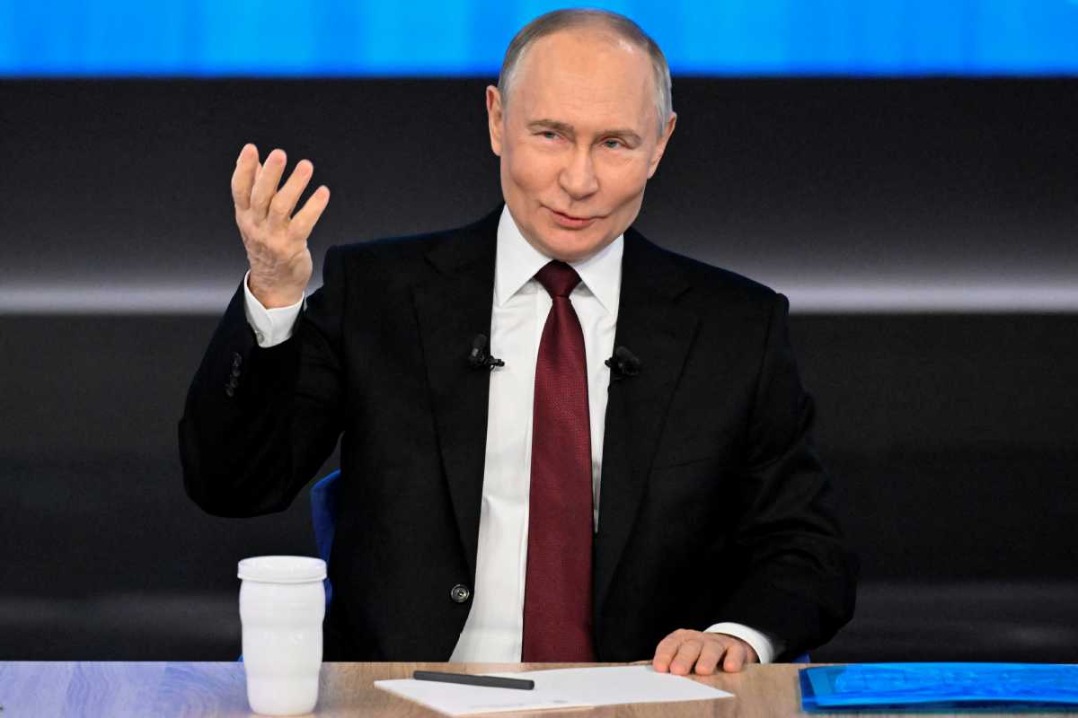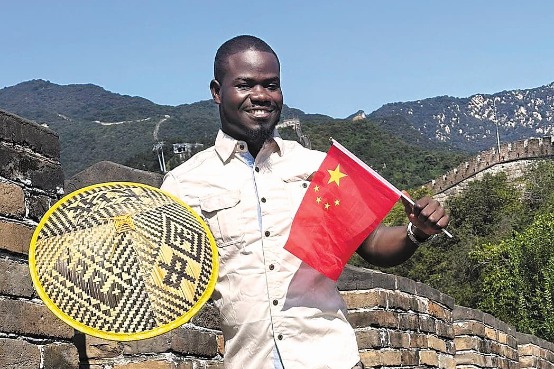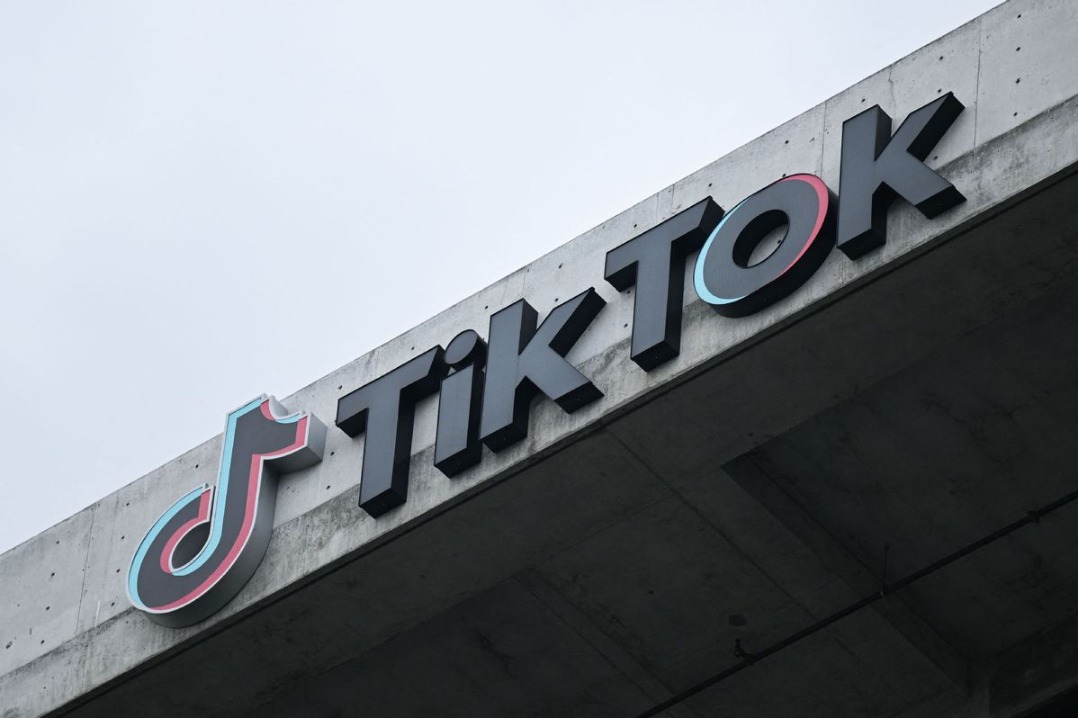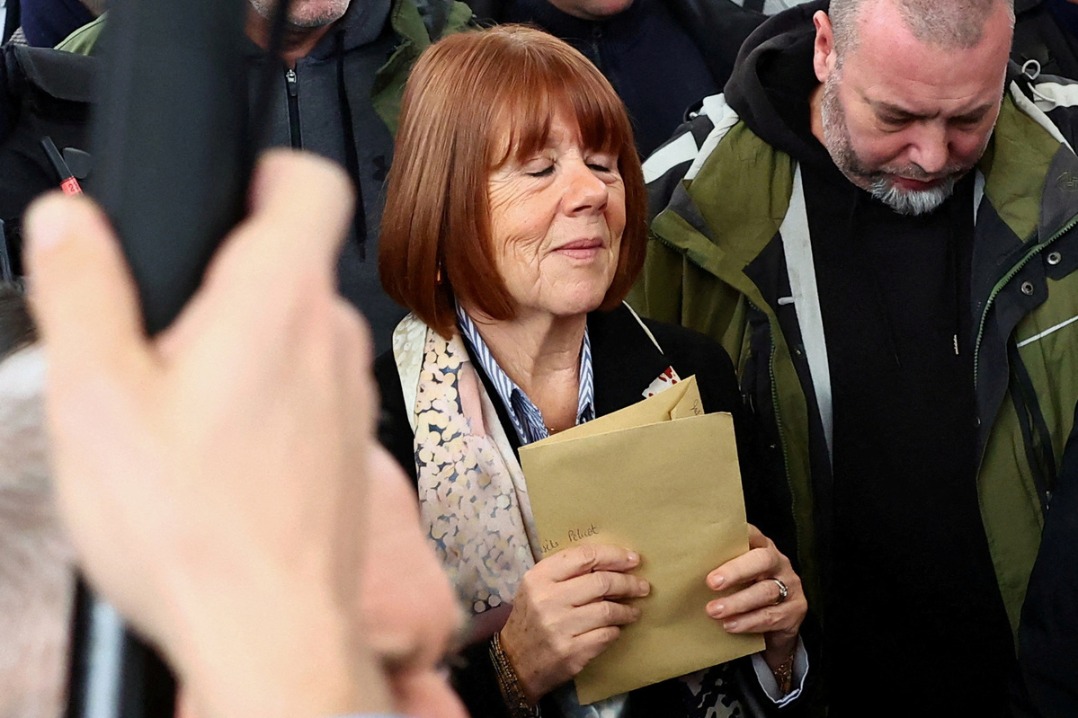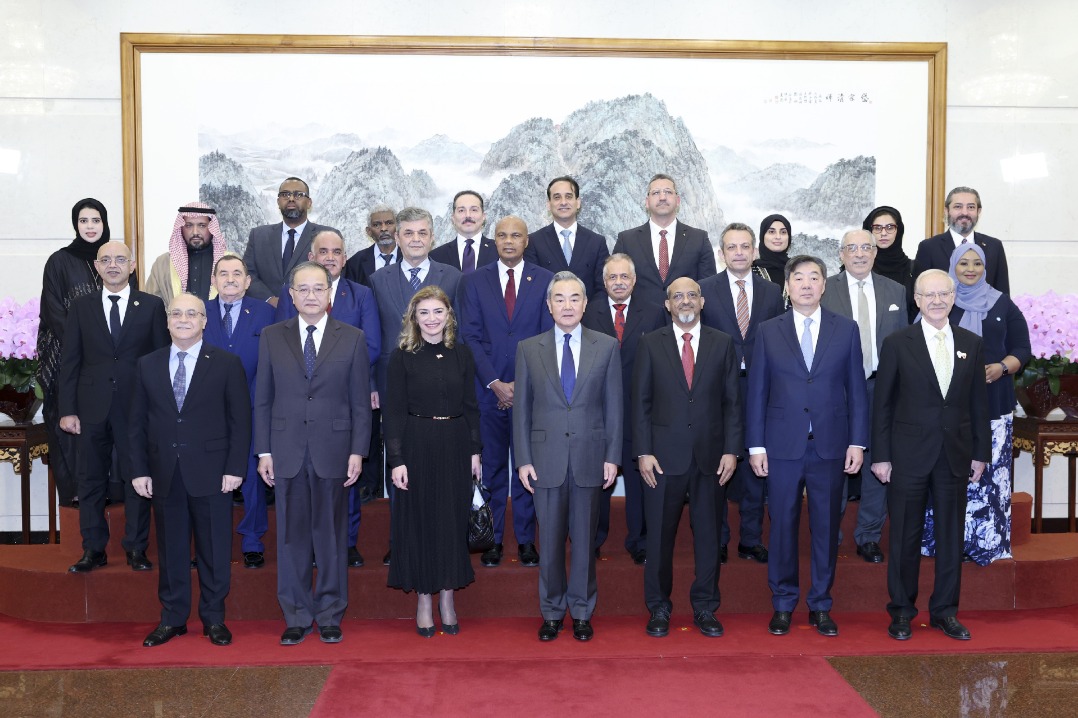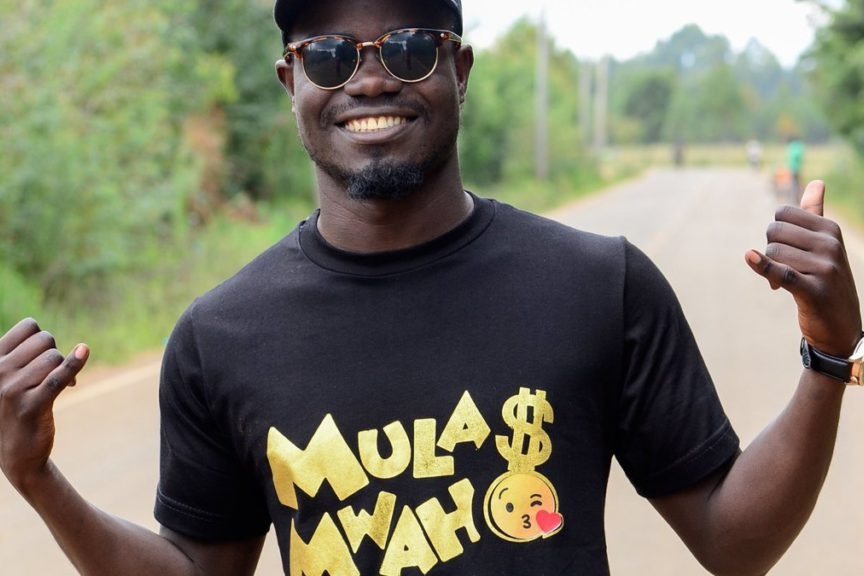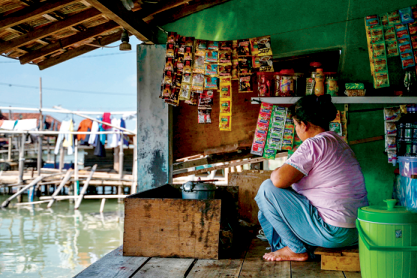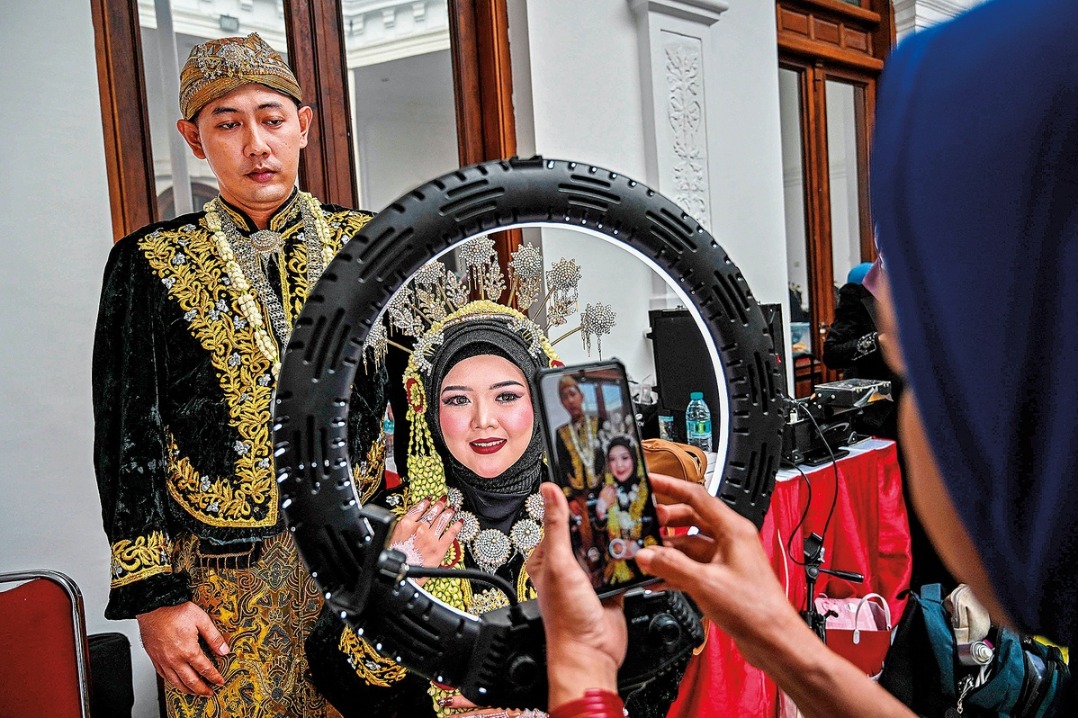EU chief puts recovery in the spotlight
In key address, von der Leyen stresses gains but wants more self-reliance

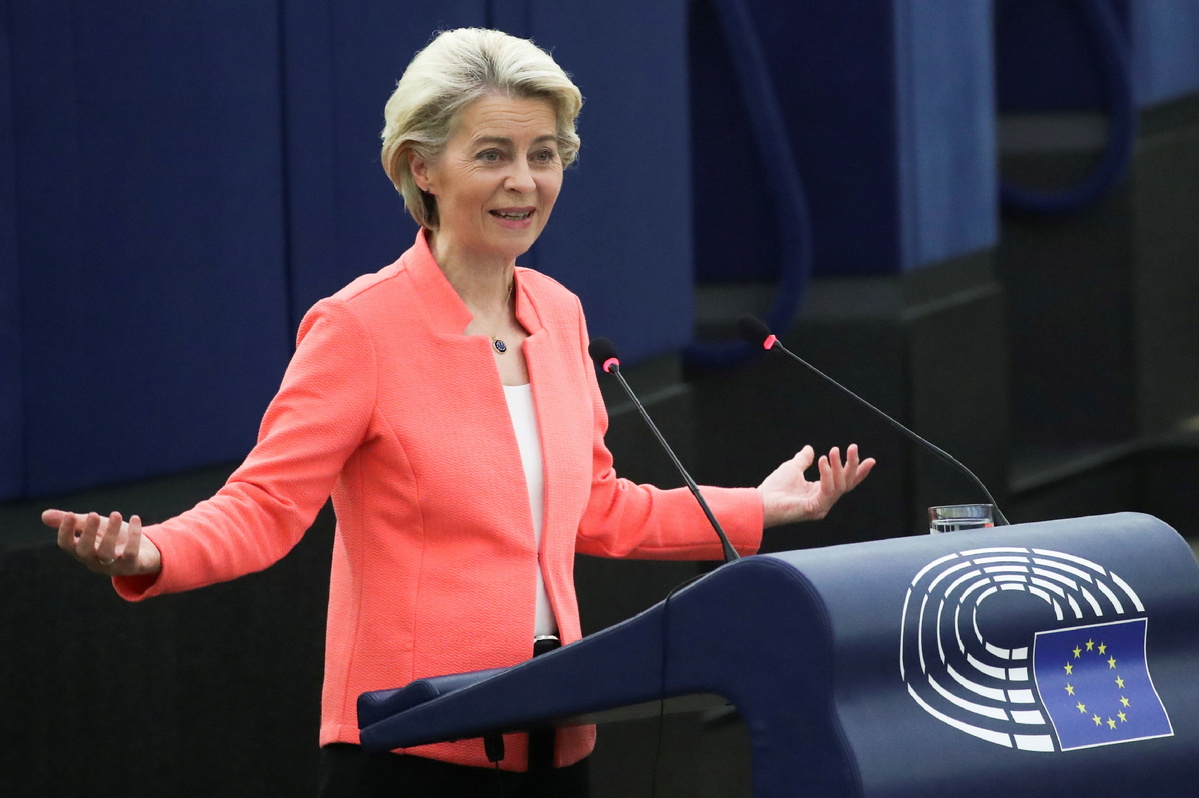
European Commission President Ursula von der Leyen used her second State of the Union address on Wednesday to tout the European Union's successes in responding to the pandemic and rebuilding its economy.
Von der Leyen highlighted the need for the bloc to reduce its dependence on others in areas from military matters to the production of semiconductors.
On the health front, she said that when she delivered her first address as EU chief a year ago, there were no safe and effective vaccines against COVID-19. Now, she told the Members of the European Parliament in Strasbourg, "Europe is among the world leaders" by this measure. "More than 70 percent of adults in the EU are fully vaccinated," von der Leyen said.
But she admitted there were "worrisome divergences" in vaccination rates among the 27 member states. Statistics show that the gap is almost 90 percent in Malta but only 20 percent in Bulgaria.
Von der Leyen also touted the faster economic recovery from the pandemic upheavals compared with the last crisis more than a decade ago. Then, it took eight years for the euro area's GDP to get back to precrisis levels. She said that growth in the euro area outpaced that of the US and China in the last quarter.
The commission, in its summer economic forecast, expects GDP to grow by 4.8 percent this year and 4.5 percent in 2022 in both the EU and euro area.
In contrast with her rosy assessments on the economy, von der Leyen lamented the events that have unfolded in Afghanistan, and she spoke of the profound pain for the families of fallen servicemen and servicewomen after the change of government in Kabul. Without naming the US, she said the EU has to "reflect on how this mission could end so abruptly".
"There are deeply troubling questions that allies will have to tackle within NATO," she said.
The chaotic pullout from Afghanistan by the US, without consulting its European allies, has drawn sharp criticism in Europe and raised questions about whether the US can be trusted on future military missions. There have been many talks within the EU in the past weeks on setting up expeditionary forces.
"What has held us back until now is not just a shortfall of capacity, it is the lack of political will," von der Leyen said.
She and French President Emmanuel Macron will hold a Summit on European Defense during the French presidency of the Council of the European Union in the first half of 2022.
Macron is seen as the most influential European leader after German Chancellor Angela Merkel, who will step down later this month. Macron himself needs to get past a presidential election at home next April.
Tech sovereignty
Besides defense, von der Leyen stressed the need for investment in what she called European tech sovereignty, notably in semiconductors.
She said the EU has to double down to shape its digital transformation according to its own rules and values, saying "there is no digital without chips" and "we depend on state-of-the-art chips manufactured in Asia".
The commission will propose a new European Chips Act to leverage the EU's research, design and testing capacities and to coordinate EU and national investments along the value chain, according to von der Leyen.
She also touched on the new EU Indo-Pacific Strategy, describing it as "a milestone" and one that "reflects the growing importance of the region to our prosperity and security".
But a recent European Council on Foreign Relations study shows that many EU member states are still largely uninterested in events in the Indo-Pacific region.
In the speech, von der Leyen claimed that Team Europe has contributed $25 billion a year to keep its commitment under the Paris Climate Agreement for rich countries to provide $100 billion in climate financing a year to help poor countries in their transition.
















